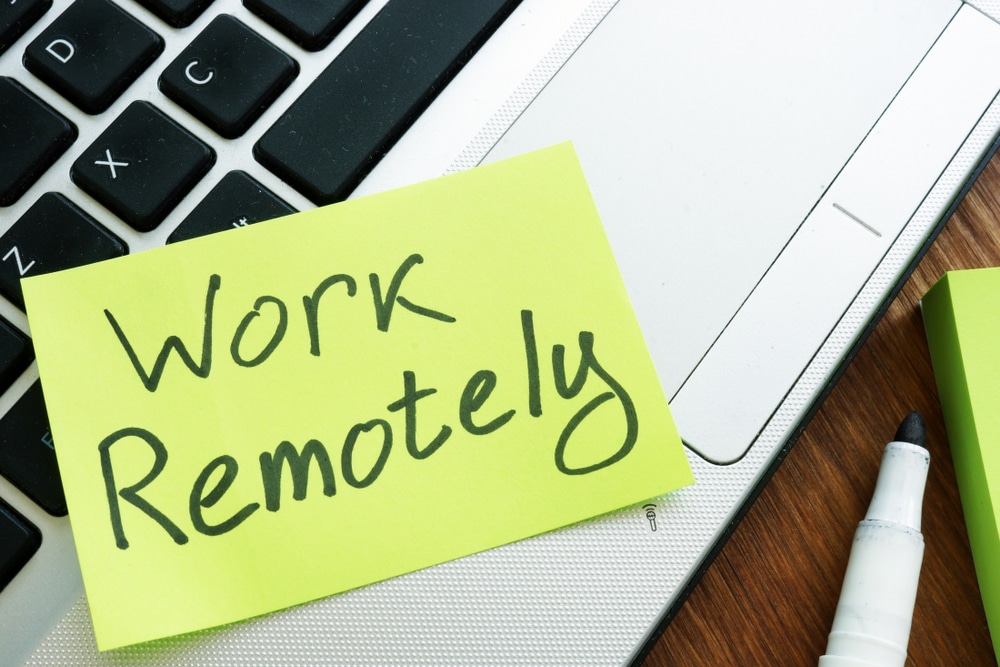We have all heard about the benefits of remote work. It brings positive things to both employees and business owners. But every coin has two sides, and remote work isn’t an exception. Some disadvantages cast a shadow on the productivity of people working out of the office.
While the possibility to expand the talent pool and hire creative people from all over the world sounds appealing to business owners, they need to be aware that those workers maybe not achieve a sufficient result.
We tried to analyze what are the main distraction factors for people working remotely and the top traps for employers who hire remote workers.
Why does the productivity of remote workers drop?
Of course, internet access is the main culprit for workers’ distraction. According to ExpressVPN remote work research, some remote workers are wasting 1,400 working hours each year!
Their research showed that 2/3 of remote workers are checking their emails and doing personal activities, such as reading news on web portals during working hours. It is somewhat understandable because many of us do the same from office computers, but this research showed other shocking data.
Namely, almost 40% of remote workers are using the company’s working hours for gaming, 39% for gambling, and 32% for watching porn! Meaning, every third person is watching adult movies on insecure sites and compromising the security of the whole company instead of working.
Alarmingly, half of the interviewed people admit they are unsatisfied with their jobs and are actively looking for new ones. They also participate in job interviews during working hours.

What other factors affect remote workers’ insufficient productivity?
Probably the biggest problem between remote workers and management is the lack of structure. If you don’t establish expectations and boundaries clearly, the workers will be able to misuse working hours.
Every work position must be well-defined with a clear schedule for availability for meetings, allowed time to answer emails and calls, and norm for every working task.
The problem can also be on the side of employers. Two main mistakes any business owner can make are:
- Hire the wrong people – if your hiring process isn’t detailed enough, you could end up with candidates that are not a good fit for the job you hired them for. To prevent this, you need to carefully screen applicants or outsource that to professionals.
- Outdated technology – every task requires a stable internet connection and proper hardware and software. If an employer doesn’t provide this to his workers and they don’t possess the needed tools, they will be tempted to do something else besides the work. Because they know they cannot do what they are supposed to.
How to prevent top traps for employers who hire remote workers?
First of all, you need to build trust with your workers. Don’t micromanagement or monitor them all day long. Try to set up comprehensible tasks and realistic expectations backed by professional support and proper resources.
Don’t push your workers to work outside normal hours because that puts a lot of pressure on them and causes dissatisfaction leading to poor work ethics. 78% of senior managers expect their workers to work outside usual hours, so that can be an answer to why most remote workers feel alienated from their jobs.
If you give clear instructions and time for your remote workers to maintain a work-life balance, you will surely get people who won’t abuse the company’s resources.
